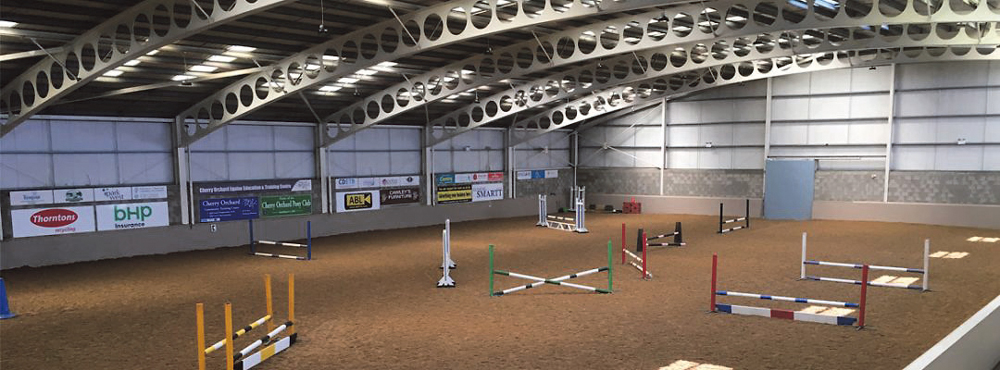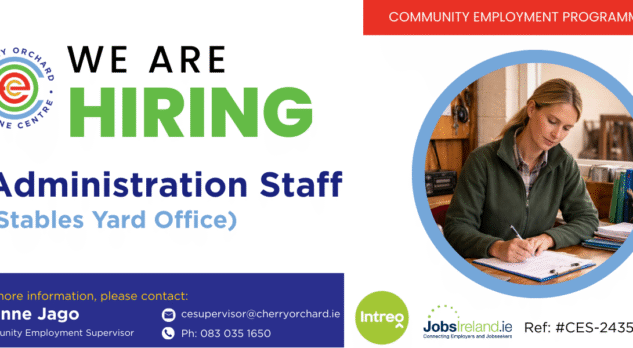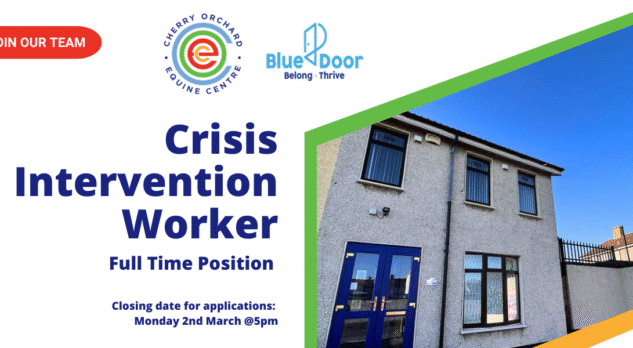Equine Life Skills Programme

The Equine Life Skills Programme is a 12-week course that blends hands-on horse care, riding skills, and personal development. Designed for groups of 6 students per session, each 1-hour class provides a safe and structured environment for learning, ensuring focused and interactive engagement. Throughout the programme, participants develop essential equine handling skills while building confidence, teamwork, and practical life skills such as communication, problem-solving, and decision-making. This course is ideal for young people eager to connect with horses and grow both personally and socially.
Week 1: Foundations and Safety
The journey begins with introductions and setting expectations. Participants learn the importance of health and safety, proper use of Personal Protective Equipment (PPE), and how to approach and handle horses safely. A tour of the yard, fitting essential equine equipment, and basic grooming skills set the foundation for the weeks ahead. Each participant practices these skills individually to build confidence and familiarity.
Week 2: Communication and Tack Skills
Building on week one, the focus shifts to communication. Through paired activities, participants describe grooming tools while blindfolded, sharpening their verbal skills and teamwork. Instruction on fitting and adjusting saddles highlights the importance of comfort and safety for the horse. Participants learn to untack safely and carry equipment properly, reinforcing attention to detail.
Week 3: Listening and Equine Behavior
Active listening takes center stage as participants learn to interpret horse body language and behavior. Applying and removing rugs safely teaches care routines, while lessons on feeding and leading horses promote responsible handling. The week strengthens participants’ ability to respond appropriately to equine cues.
Week 4: Problem Solving and Critical Thinking
A fun “Who am I? / What am I?” game encourages participants to apply all they’ve learned so far in an interactive setting. This helps reinforce knowledge retention and nurtures critical thinking skills in a supportive atmosphere.
Week 5: Self-Esteem and Teamwork
Confidence building is key in week five, as participants choose their own teams and roles for a friendly equine competition focused on grooming, tacking, and leading. Celebrating strengths fosters a positive, “I can do it” attitude, with prizes awarded for excellence in each category.
Week 6: Planning and Decision Making
Participants engage in creative decision-making by designing lesson plans for arena setups that will be used in upcoming riding sessions. This hands-on approach encourages responsibility and ownership of their learning experience.
Week 7: Team Building and Trust
The program moves into practical riding skills, emphasizing teamwork and trust between participants and horses. Learning how to mount properly, steer, halt, and work in pairs promotes cooperation and builds mutual respect between rider and horse.
Week 8: Managing Stress and Introducing Trotting
Recognizing that new challenges can be stressful, the week includes discussions on stress management and empathy. Riding skills continue with exercises focused on walking and trotting, gradually increasing participants’ confidence.
Week 9: Communication Styles and Control
Understanding different communication styles—passive, assertive, and aggressive—participants learn how to best communicate with horses to gain cooperation. The focus remains on safe and enjoyable activities with horses.
Week 10: Listening Skills and Obstacle Challenges
A listening-focused obstacle course challenges participants to follow instructions carefully and work on their riding skills through games like “Traffic Lights.” This sharpens concentration and control while keeping lessons engaging.
Week 11: Multitasking and Advanced Riding
Participants test their multitasking abilities by riding obstacle courses while completing other tasks, such as holding rings or answering questions. Trotting poles are introduced for those ready to advance their riding technique.
Week 12: Course Design and Celebration
In the final week, participants design and build their own obstacle courses to demonstrate all they’ve learned. Each rider takes turns completing the course individually, culminating in a certificate ceremony celebrating their achievements and growth over the 12 weeks.
Program Highlights
- Strict health & safety practices with mandatory PPE use
- Progressive skill-building in horse care, handling, and riding
- Personal development focus: communication, teamwork, decision-making, and stress management
- Friendly competitions and games to encourage engagement and confidence
- Certificate of Completion awarded to every participant
This program offers a fun, safe, and enriching experience for anyone wanting to deepen their connection with horses while developing valuable life skills. Whether you’re new to horses or looking to build on existing knowledge, our 12-week course supports growth every step of the way.



